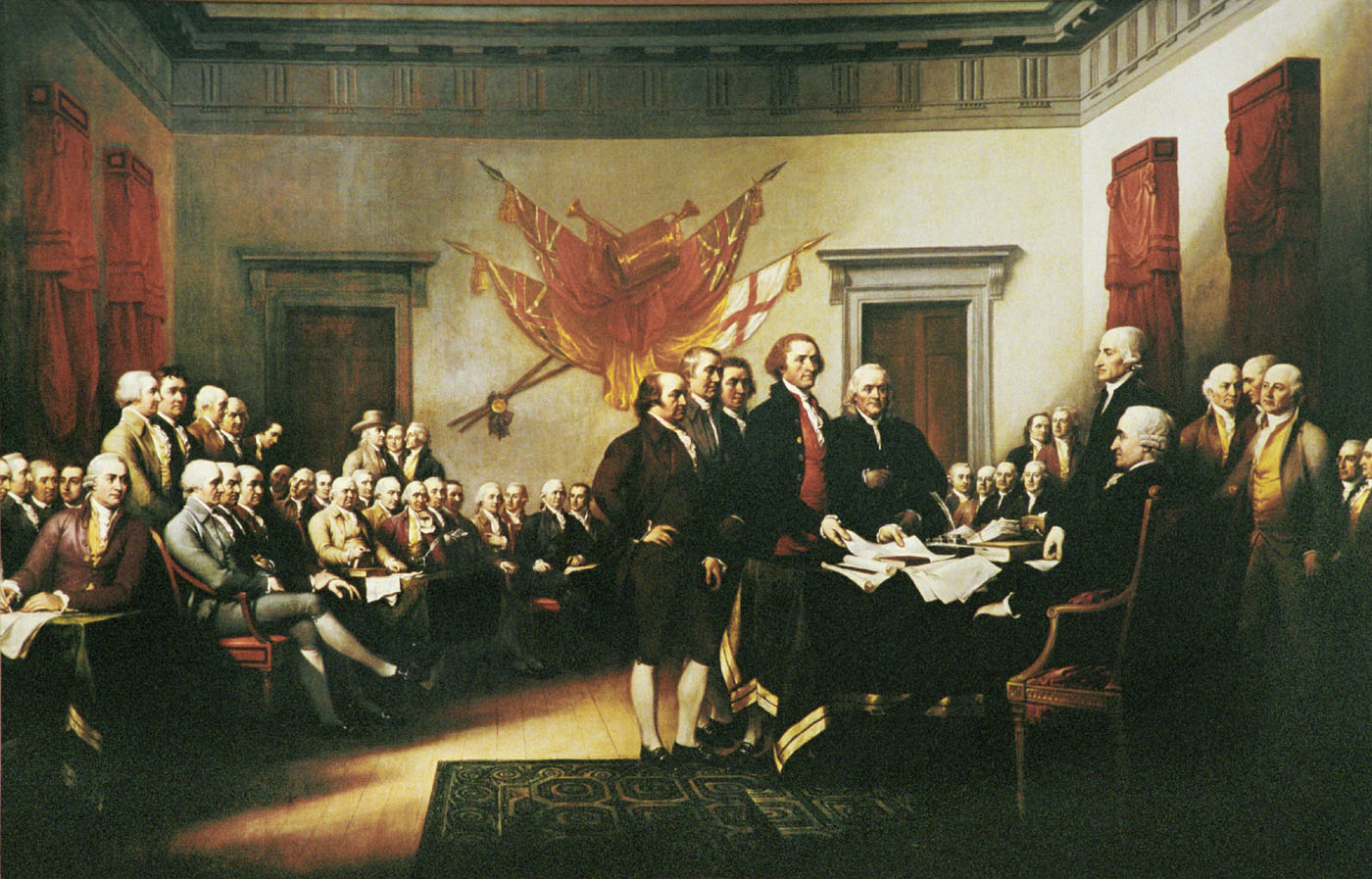Our founding fathers designed it not to have to much centralized power or unbalanced power. Yes. That is true. But the concept that their intent was for the government to be slow does not make any sense to me and is not connected at all by documents. Slowness might be a side-effect of a balance of powers but it was not their intent. That’s different.
Moreover many people in DC seem to think that we’re supposed to do things according to how the original fathers wanted it. They wanted a right to bear arms so we should have it. They wanted a very weak federal government that does very little so we should oppose a federal government intervening too much.
I also doubt this. What is it that is supposed to be (or was) the greatest strength of the US Constitution? At that time it was its flexibility. The writers new they didn’t know everything, that it was an experiment and that, quite frankly, there would be bumps along the way. So allowing an amendment process allows you to fix and change the document so that it was both flexible and adaptable and hopefully would stand the test of time. I think that’s what they understood more than anything else, more than supposedly wanting a slow government or everything to be the same.
I’m confident that they would adjust to the times and when more government was needed for problems that states are not able to handle or for problems that are national problems, they would support and allow it with much debate and talk, of course. They were men that knew the document and its meaning must change as the times, the demands, the problems, the obstacles, and the needs changed in time. That’s the founding fathers.
Have you never wondered how amazingly ironic it is that the founding fathers used such perfect, ideal language to originally include themselves and exclude others, but paradoxically allowing, later, for the full interpretation of those words to include everyone? I mean ethnic minorities and women, for instance, fulfill the words they wrote, when they said that

“All men are created equal” [Declaration of Independence]
No comments:
Post a Comment